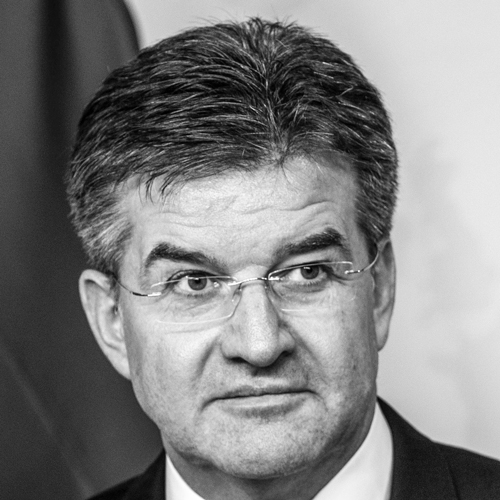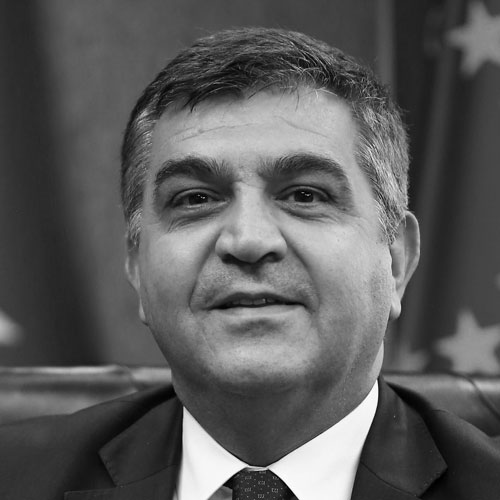Twenty years following the destructive wars that resulted in the dissolution of Yugoslavia, Balkan countries still remain in a precarious situation. While Bosnia-Herzegovina is going through its most significant crisis since the signing of the 1995 Dayton Accords with the spectre of secession threatening the country’s unity, tensions are occasionally renewed between Kosovo and Serbia over the former’s sovereignty. As of now, North Macedonia, Albania and Montenegro are part of NATO, but their EU membership process is stalled seemingly both due to a lack of progress by the countries themselves as well as the commitment of the EU itself. Moreover, many other serious challenges such as the population decline, concerns over the rule of law and good governance, the rise of populism and persistence of ethnopolitics continue to stand in the way of sustainable peace and stability.
However, despite these lingering issues, there is positive momentum in terms of advancing regional cooperation driven by the common interest of finding solutions to issues faced by all of the Balkan states. In this regard, the introduction of new initiatives such as the establishment of Regional Economic Area or ‘mini Schengen’ allowing the free circulation of goods, services, investments and labour is expected to enhance not only intra-regional trade but also facilitate an easier integration to the EU economy. This session will present an overview of the current situation in the Balkans while discussing the potential scenarios that could unfold, assessing the trends and growing geostrategic competition among the great powers in the region in light of local dynamics.
Discussion Themes
How do ethnocentrism and populism impact the internal politics of the Balkan states?
What is the possibility of reaching settlements in bilateral disputes and what are the probable steps that could be taken to ensure stability in this regard?
What are the future prospects of the Balkan countries’ inclusion and integration into European and Euro-Atlantic institutions?
How do regional and global developments impact the Balkans? Do they contribute to resolution of conflicts or exacerbate existing crises?
What are the geopolitical, security and economic interests of foreign actors in the Balkans and how do they play into the regional and domestic dynamics within and among these countries?



